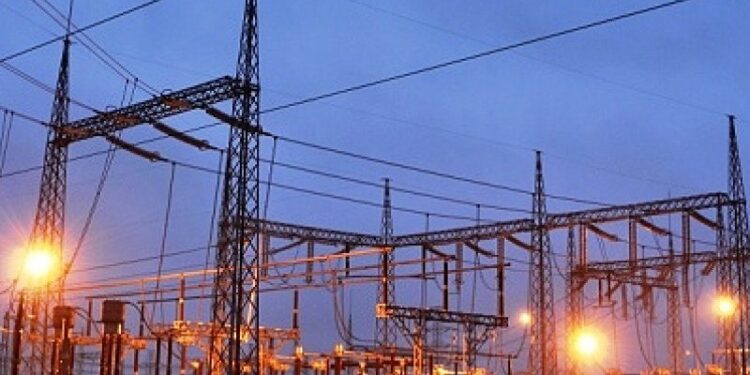Dr Mohammed Amin Adam, Minister for Finance has said government was determined to achieve universal access to electricity by the end of the year by using mini grides and smaller power generating systems to reach off-grid communities. Currently, the country has achieved 88.85%.
Responding to a question as a panellist on Thursday on how to achieve rapid energy access, Dr Amin underscored the need to be deliberate and intentional in policies and programmes to rapidly expand energy access.
“Right from the 1990s, we were very intentional. The government decided that Ghana must achieve universal access to electricity and so we put in relevant policies and a national electrification scheme, we put in rural electrification programme, and we also put in a self-help electrification programme in which communities and the government shared the cost of electricity access.
In response to another question on what not to do, the Minister emphasised the need to procure electricity generation through competitive bidding and avoid procuring energy through unsolicited projects which tended to be extremely expensive.
“It is important that when you are in crises, you do not acquire as many generating capacity as you would not need, because the tendency for investors to come knocking on your door and justify why you should acquire more is very high and you acquire it at a very high cost. “
In response to another question on attracting investors into the sector, the Minister spoke about the energy sector reforms the government is undertaking to remove the bottlenecks in the system and attract investors, such as tariff reforms, quarterly audit of the cash waterfall programme, acquisition of one million new meters with the help of the World Bank to harmonise and standardise meters.
The panel discussion which is one of the flagship programmes at the on-going IMF/World Bank Spring Meetings was under the theme, “Energizing Africa: What will it take to achieve universal energy access?”
The discussion focused on what it takes to scale up the solutions and investments that will help connect millions more Africans to electricity and transform African economies.
Other panellist of the three-section discussion included Asay Banga, President of the World Bank, Dr Akinwunmi Adesina, President of the African Development Bank, Ministers of State, energy investors and stakeholders from both government and private sectors.


